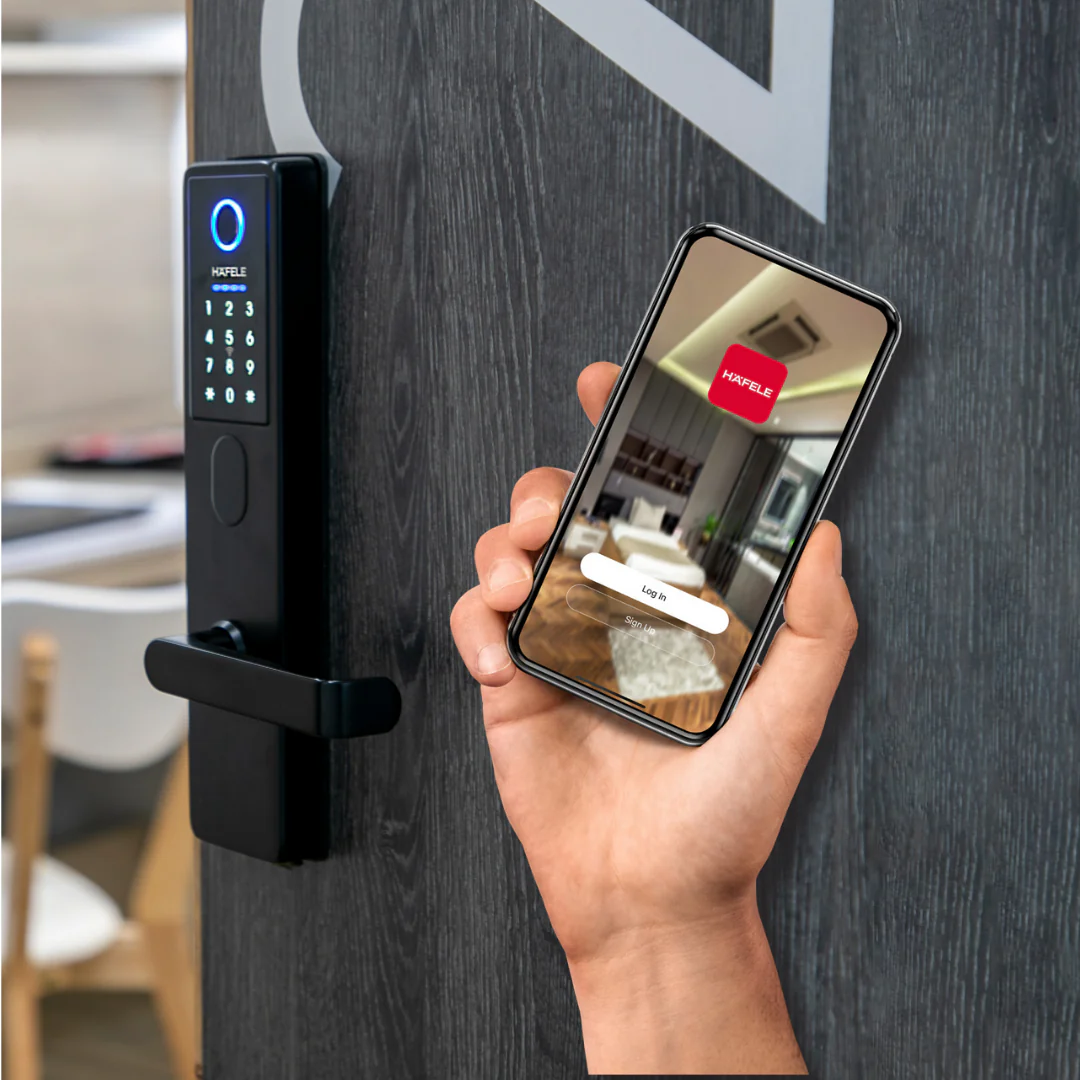Smart Locks vs. Traditional Locks: Pros and Cons
The evolution of home security has introduced a variety of locking mechanisms, each with its own set of advantages and drawbacks. Traditional locks have long been the norm, but smart locks are gaining popularity for their convenience and additional features. In this article, we'll explore the pros and cons of smart locks versus traditional locks to help you make an informed decision about securing your home.
Smart Locks: Pros and Cons
Pros:
1. Keyless Entry
- Pro: Smart locks offer keyless entry through various methods, such as keypad codes, smartphone apps, or biometrics.
- Con: Reliance on electronic methods may pose issues if the battery dies or during technical malfunctions.
2. Remote Access Control
- Pro: Smart locks allow homeowners to control and monitor access remotely through smartphones.
- Con: The dependence on a Wi-Fi or Bluetooth connection may lead to potential vulnerabilities.
3. Customizable Access
- Pro: Users can provide temporary access to guests or service providers and revoke it afterward.
- Con: Managing multiple access permissions may require familiarity with the smart lock's software.
4. Integration with Smart Home Systems
- Pro: Smart locks can integrate seamlessly with other smart home devices, creating a comprehensive security ecosystem.
- Con: Compatibility issues may arise when attempting to integrate with certain devices or platforms.
5. Activity Logs
- Pro: Smart locks maintain detailed activity logs, providing a record of who enters and exits the premises.
- Con: Privacy concerns may arise, especially if the data is not adequately protected.
Cons:
6. Initial Cost
- Pro: Smart locks offer advanced features, but the initial cost is higher compared to traditional locks.
- Con: Affordability may be a barrier for those on a tight budget.
7. Dependency on Power Sources
- Pro: Smart locks require power sources, typically batteries, which need regular replacement.
- Con: The risk of being locked out in case of battery failure or neglecting replacement.
8. Learning Curve
- Pro: Smart locks offer advanced functionalities, but users may need time to become familiar with the technology.
- Con: Some users, particularly those less tech-savvy, may find the learning curve challenging.
9. Potential Vulnerabilities
- Pro: Manufacturers continually update smart lock software to address security vulnerabilities.
- Con: As with any technology, there's a risk of exploitation by cybercriminals if not properly secured.
Traditional Locks: Pros and Cons
Pros:
1. Simplicity
- Pro: Traditional locks are straightforward and easy to use, requiring no technical expertise.
- Con: Lack of advanced features compared to smart locks.
2. Affordability
- Pro: Traditional locks are generally more affordable, making them a cost-effective choice.
- Con: Limited features compared to the technological advancements of smart locks.
3. Reliability
- Pro: Traditional locks are time-tested and proven reliable over many years.
- Con: Less adaptability to modern technological conveniences.
4. No Dependency on Power
- Pro: Traditional locks do not rely on power sources, eliminating concerns about battery life.
- Con: Limited functionality compared to smart locks.
Cons:
5. Limited Access Control
- Pro: Traditional locks provide basic access control through keys.
- Con: Limited ability to grant temporary access or monitor entry remotely.
6. Inconvenient Key Management
- Pro: Key management can be cumbersome, especially in cases of lost or duplicated keys.
- Con: The risk of unauthorized key duplication poses a security concern.
7. Lack of Remote Monitoring
- Pro: Traditional locks lack remote monitoring capabilities.
- Con: Homeowners may not receive real-time information about entry or exit activities.
8. Manual Locking
- Pro: Manual locking provides a tangible sense of security.
- Con: Inconvenient for those who prefer the convenience of automated locking systems.
Conclusion
Choosing between smart locks and traditional locks depends on your preferences, budget, and willingness to embrace technology. Smart locks offer advanced features and flexibility but come with an initial cost and potential technical challenges. Traditional locks, on the other hand, provide simplicity and reliability but lack the modern conveniences of their smart counterparts.
Ultimately, the decision boils down to personal priorities and the level of security and convenience you seek for your home.
Feel free to reach out to us at Imperial Locksmiths for more information and guidance on choosing the perfect door locks for your home. We're always here to help you secure your world!
